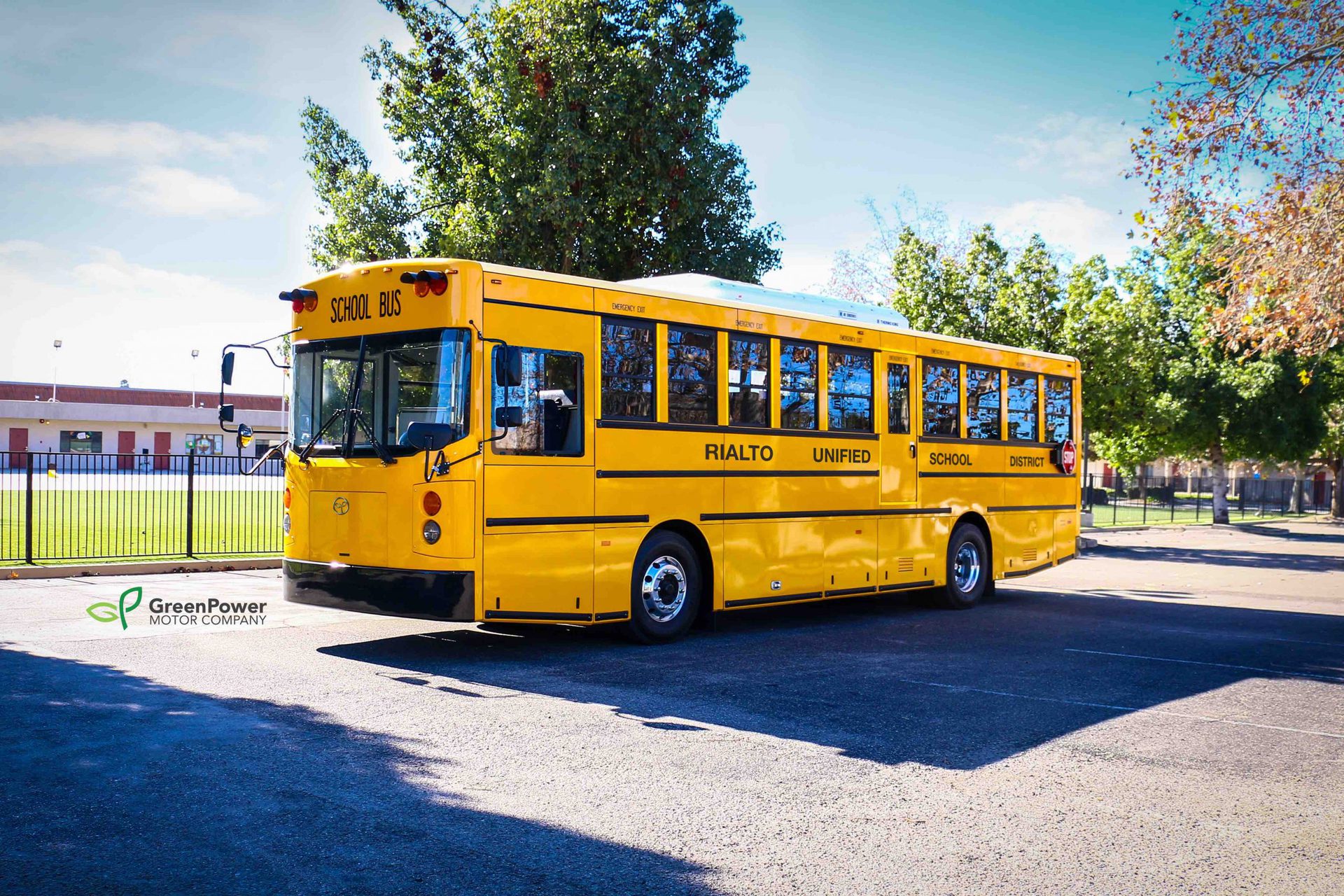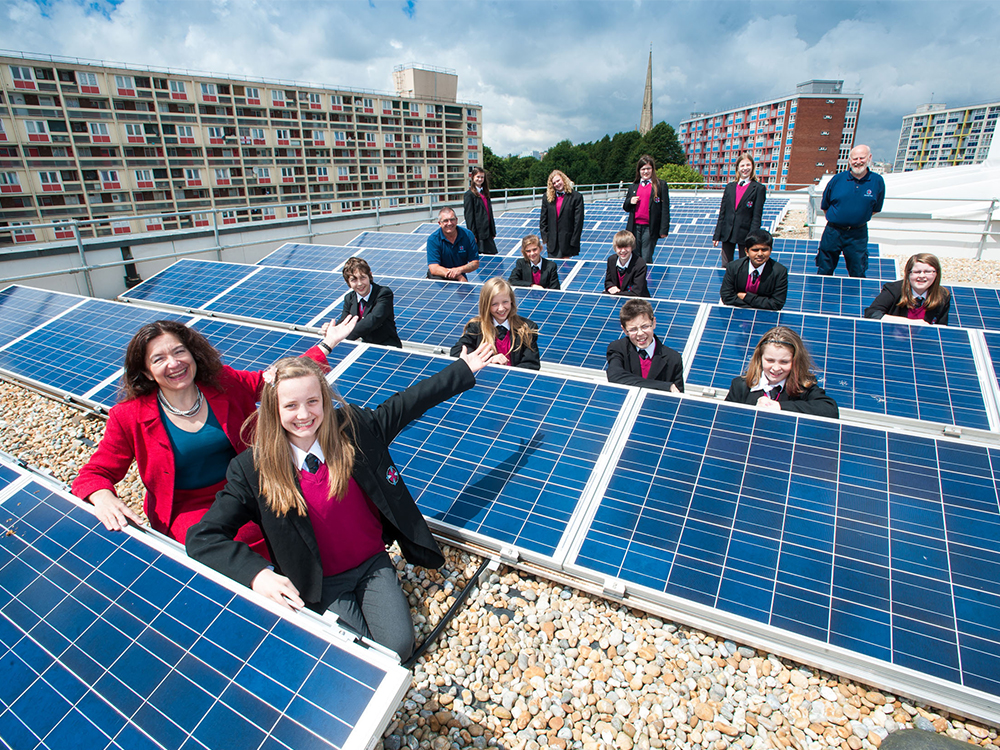Balancing Academic Performance and Environmental Goals: Chicago Teachers Union Climate Demands
“`html
Teachers Union Issues List Of Climate Demands As Students Struggle To Read At Grade Level
The Chicago Teachers Union (CTU) has recently drawn attention with its extensive climate-related demands during contract negotiations, even as the city’s students face significant academic challenges. According to E&E News, the union is pushing for initiatives such as electric school buses, green job training programs, and emission reduction strategies involving solar panels and building retrofits.
Climate Initiatives versus Classroom Performance
While the CTU’s climate goals are ambitious, they come at a time when academic performance remains a critical concern. Recent 2023 testing data reveals that approximately 75% of Chicago’s public school students are unable to read at grade level, and 83% lag behind in math proficiency, as reported by the Illinois Policy Institute.
CTU’s Climate Demands
The climate-related demands of the CTU are comprehensive, aiming to address various environmental issues within the school infrastructure:
- Introduction of electric school buses.
- Implementation of green job training programs for students.
- Reduction of building emissions via solar panels and other energy-efficient retrofits.
- Replacement of lead pipes in school buildings.
- Installation of windows that can be opened to improve ventilation.
- Creation of a “climate champion” role at each school to spearhead environmental initiatives.
- Establishment of heating and cooling centers for extreme weather conditions.


Balancing Environmental Goals and Academic Progress
As a consultant specializing in artificial intelligence and process automation, I recognize the importance of sustainable practices. However, it’s essential to balance such initiatives with the immediate academic needs of students. The CTU’s demands, if entirely met, could cost hundreds of millions of dollars according to E&E News, raising concerns about prioritization and resource allocation.
Interestingly, this scenario resonates with a broader discussion within the domain of AI in procurement, where efficiency and technological advancements are weighed against costs and immediate needs. Similarly, in the case of the CTU, the long-term environmental benefits must be balanced against the urgent need to address the educational gaps faced by Chicago’s students.
Political Influences
The CTU appears to be in a strong negotiation position, having supported Democratic Mayor Brandon Johnson’s campaign. Mayor Johnson, a former union organizer, potentially signifies a favorable response to the union’s demands. This political dynamic is not uncommon and often shapes policy outcomes in significant ways. It echoes previous discussions, such as those in my article “The Role of AI in Advertising,” where political and economic factors intersect with technological advancements.


The Broader Impact
The CTU’s initiatives, if effectively implemented, could lead to significant environmental benefits and educational opportunities in green sectors for students. However, the immediate concern remains the academic proficiency of Chicago’s youth. This issue underscores a critical need to find a balance where academic and environmental goals can coexist without compromising one for the other.
In a conversation centered on resources and priorities, it is vital to consider both immediate educational improvements and sustainable, long-term environmental goals. For instance, the integration of modular arithmetic applications in cryptography and AI showcases how complex mathematical concepts can be applied to practical solutions, suggesting that a multidisciplinary approach may benefit the ongoing debate.
“This is Chicago Teachers Union’s demonstration of our accountability to our larger community,” CTU President Stacy Davis Gates said to E&E News. “Our collective bargaining agreement and our coalition work, especially in communities of color, will be a net benefit to everyone.”


As a solution architect, I’m reminded of how critical it is to align strategic objectives with practical outcomes. While the CTU’s climate agenda is commendable, it should not overshadow the immediate necessity to improve the academic performance of the students. Strategically investing in education while incorporating sustainable practices can be a path forward, ensuring that future generations are both academically proficient and environmentally conscious.
Focus Keyphrase: Chicago Teachers Union Climate Demands
“`





This article sheds light on the CTU’s climate demands amid troubled academic performance in Chicago’s schools. I aimed to highlight the need for a balanced approach that also addresses the immediate educational needs of students.
While I’m skeptical about the current direction of AI and its promises, this article piqued my interest. As someone from the education sector, I understand the need for both environmental initiatives and strong academic foundations. It’s a tough balancing act, but I appreciate the discussion.